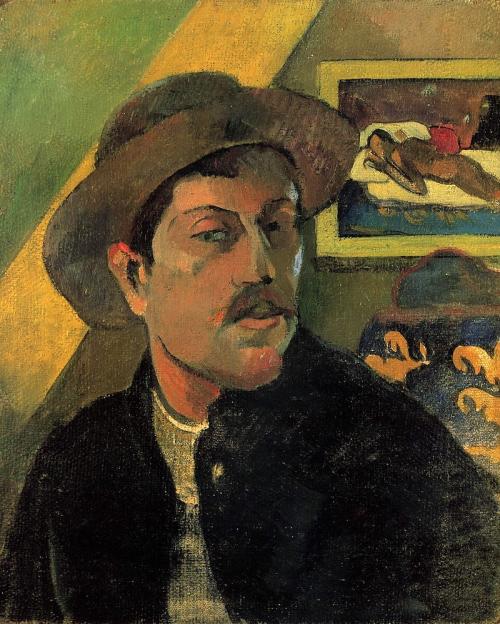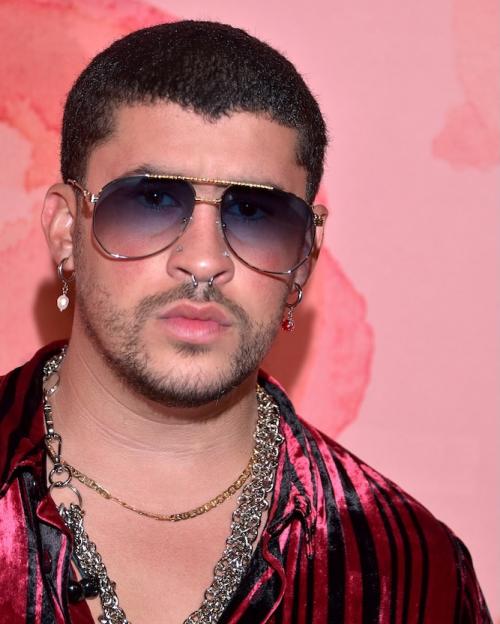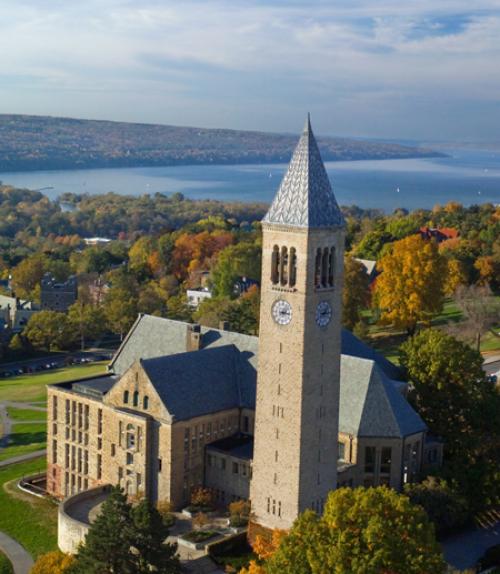Three student and staff groups were selected as winners of the Ewing Family Service Award, a fund established in 2015 to support community-engaged projects that directly impact the Cornell campus community. Facilitated by the Cornell Public Service Center and made possible by a donation from the Ewing family, the award provides up to $2,000 per project.
Recipients are Youth Outreach Undergraduates Reshaping Success (Y.O.U.R.S.), created by Erika Mills ’19; “Self-Care While Caring for Others,” led by staff members Florencia Ardon and Steph Cowling; and Biology Service Leaders’ Mental Health First Aid Program, created by Shalla Sorensen ’20. Selection criteria included the project’s potential to improve health, safety and well-being of current students and faculty or to provide new opportunities or enhanced opportunities for learning.
Y.O.U.R.S. provides after-school mentoring services to youth living in mobile homes in Freeville. The group works with artistic communities at Cornell and Ithaca as part of their Monday Makers Program to inspire creative expression in youth.
“Many of the kids in our program struggle to build confidence in the activities they participate in, but several of them are very talented artists and we hope to nurture their confidence as well as their skills through this program,” Mills said.
Cowling, senior adviser at the Office of Academic Diversity Initiatives, and Ardon, an adviser for the Office of Internal Transfer and Concurrent Degrees, will spearhead a monthly small-group book discussion to create a sense of community for undergraduate student advisers and staff members in similar roles.
“It is common for advisers to feel worried about their students, and about their own careers, work-family balance, and when Steph mentioned her idea of creating these discussions I thought it was an excellent way to create a community practice of self-care,” Ardon said.
In partnership with the Mental Health Association in Tompkins County, Sorensen and her project team created an initiative to train residential staff from each Cornell-affiliated residence hall in Mental Health First Aid, a program by the National Council of Behavior Health. The group hopes to expand to other sectors of the Cornell community.
“This project is important to me because it allows me to give back to the Cornell community and assist others who struggle with mental illness. If I can help at least one person realize that they are strong, unique and inspirational, I will consider this project a great accomplishment,” Sorensen said.
Amanda Kabonero ’20 is a writer for the Public Service Center.
This article originally appeared in the Cornell Chronicle.




